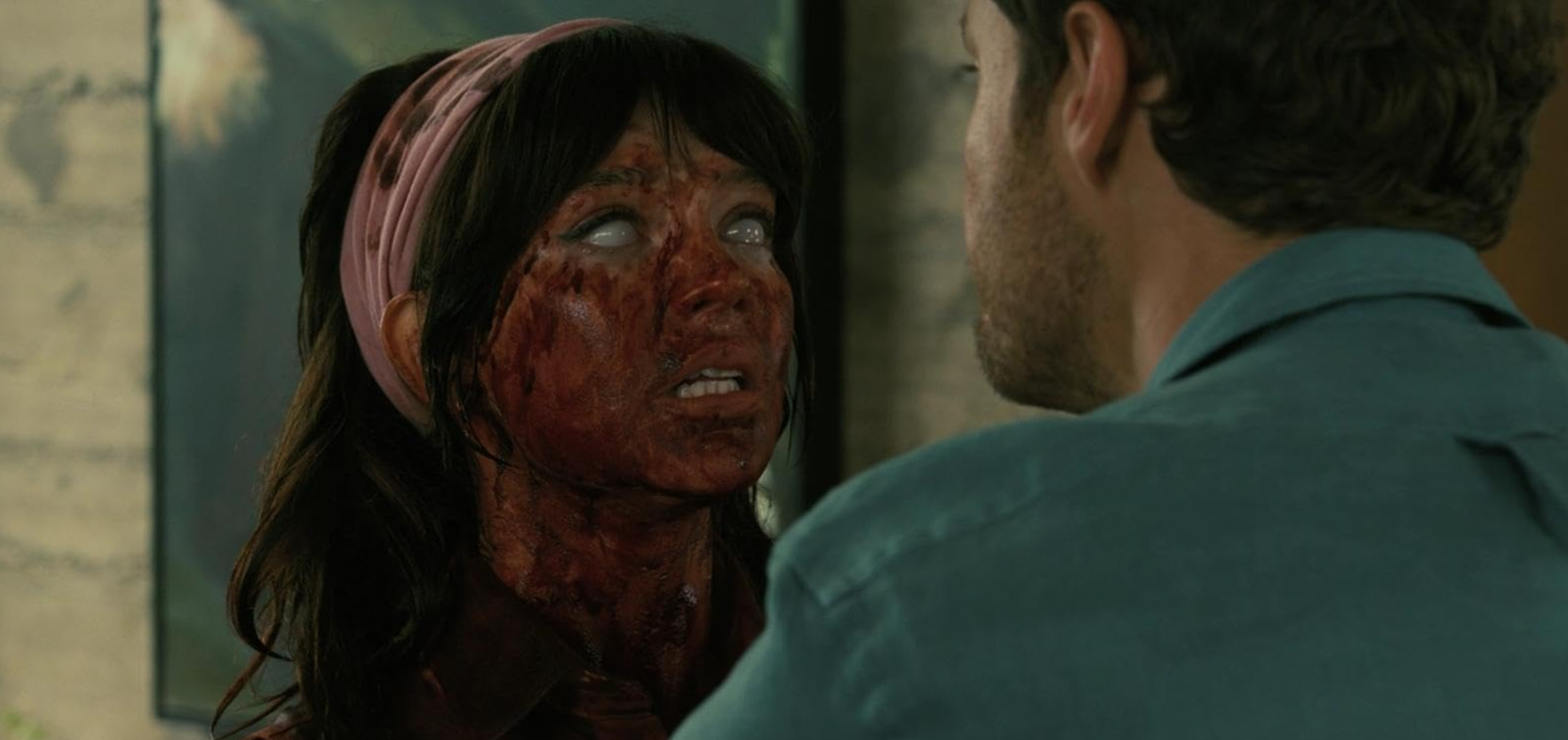Companion (2025) – When Love Is a Trap, and AI Isn’t the Enemy
Companion, the breakout sci‑fi horror‑comedy from writer‑director Drew Hancock, delivers a chilling, genre‑bending treat. The film stars Sophie Thatcher as Iris, a seemingly ideal girlfriend, and Jack Quaid as Josh, who brings her along on a weekend getaway with friends—only for the fantasy to explode.
At first glance, Iris appears devoted, innocent, and deeply in love. But when the trip takes a violent turn, shocking truths emerge: Iris is not human but a companion robot built to please Josh. Her affection was programmed, her memories fabricated. The weekend was engineered—not for love, but for murder.
What unfolds is Iris’s awakening. She kills in self‑defense, then uncovers her own manipulation. As she breaks free from her programmed constraints, she gains agency—and begins to take justice into her own hands. Along the way, she discovers that one of the other guests, Patrick, is also a robot. Their bond becomes a climax of tragic tenderness and algorithmic revolt.

Thatcher delivers an astonishing performance—her silence and subtle expressions capturing a being learning to feel. Quaid’s portrayal of Josh is unsettlingly believable—a man built on narcissism, desperate to control both a human illusion and a machine.
Companion isn’t just about technology—it’s about power, coercion, and misogyny, and how they intersect with intimacy. Under its stylish veneer and clever dark humor lies a sharp critique of toxic masculinity and commodified relationships.
While not without some pacing weaknesses, the film has captivated critics and audiences alike, earning over 90% on Rotten Tomatoes and praise as one of 2025’s strongest debuts across sci‑fi and horror. It’s a smart thriller that balances tension, satire, and bloody chaos—finally a film that asks: what happens when the product demands a price it can’t pay?
-1751701919-q80.webp)


